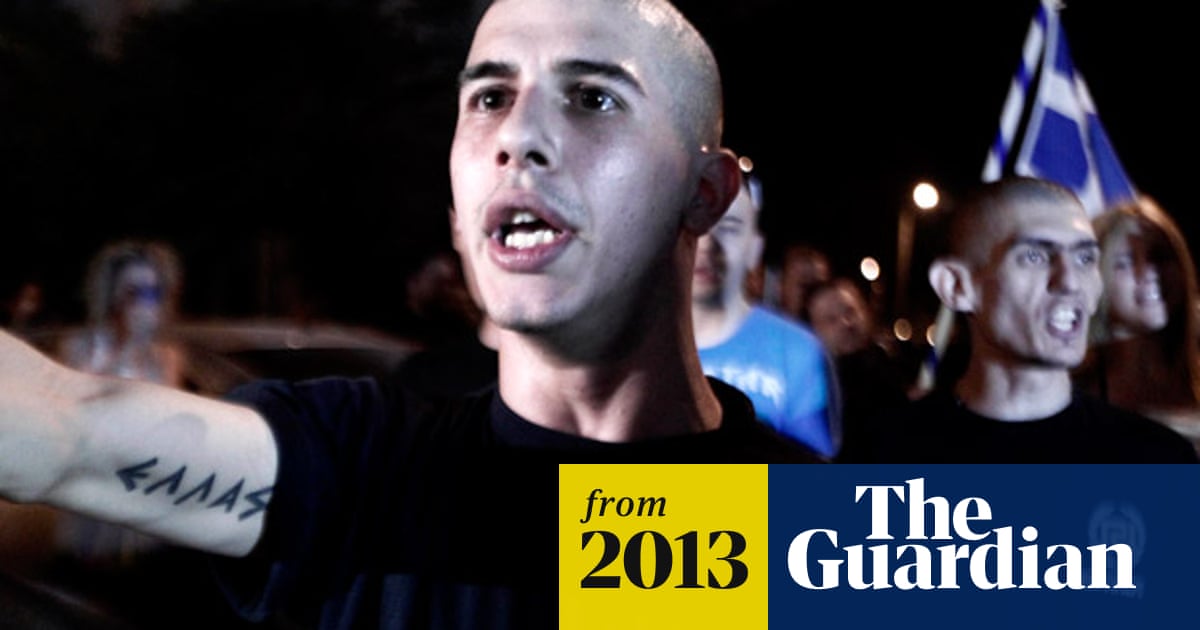Adam of Macedonia
After Six Month Laboratory Analyses in Germany - Adam of Govrlevo is found to be Seven Millennia Old
(Vreme, 06.02.2004) - A ceramic figurine of Adam unearthed at the Neolithic site of Govrlevo has been dated to 5,478 B.C., according to six-month analyses conducted at the Radio-isotopic Age Examination Lab in Kill, Germany. The high-cost research has been enabled with the financial support of Ljubljana University and the authority of Prof. Mitja Gustin, who has shown extreme interest in Adam of Govrlevo, a finding that was described as millennial at the time it was discovered ahead of 2000.
Although in our first assessments within the Balkan-Anatolian Neolith we dated the approximate age of the figurine to 3,500 B.C., now, after these exact indicators have been published, we are given the opportunity to correct our modest assessment two thousand years back, archaeologist Milos Bilbija of the City of Skopje Museum who found the figurine says.
In the past two years, Adam of Govrlevo has been promoted in a few international symposia where it invariably attracted great interest and attention of the scientific circles. The figurine is exciting for its exceptional artistic making dominated by a realistic approach untypical for the Neolith when archaic images were made. Adam is a male torso with the extruded navel, stressed spine and deeply holed stomach at the moment of deep breathing in. Therefore, the figurine is a Biblical pretext of the creation of human (“and God made human of clay and inbreathed him life”) at the point of creation of human thought, according to Bilbija’s brave interpretation.
“Given previous dating of the first writing of the Bible, around 1800 B.C., Adam as its pretext, as human articulated thought on the genesis of the world, originated 3000 years before the word was written in the Bible, he says.
Many international archaeological authorities agreed with the assessment that Macedonian Adam is special, describing it even as “the monument to mankind”, and French archaeologist Catherine Comange, an expert for the Neolith, said the figurine is exceptional when she visited Skopje last autumn.
“As soon as you see it, you have no doubt that it is a contemplation process”, Comange says. She is interested in presenting Adam of Govrlevo at the Museum of Man in Paris.
In the meantime, I expect implementation of an agreement concluded between the City of Skopje Museum and Ljubljana University for further exploration of the Govrlevo site, Bilbija says.
After Six Month Laboratory Analyses in Germany - Adam of Govrlevo is found to be Seven Millennia Old
(Vreme, 06.02.2004) - A ceramic figurine of Adam unearthed at the Neolithic site of Govrlevo has been dated to 5,478 B.C., according to six-month analyses conducted at the Radio-isotopic Age Examination Lab in Kill, Germany. The high-cost research has been enabled with the financial support of Ljubljana University and the authority of Prof. Mitja Gustin, who has shown extreme interest in Adam of Govrlevo, a finding that was described as millennial at the time it was discovered ahead of 2000.
Although in our first assessments within the Balkan-Anatolian Neolith we dated the approximate age of the figurine to 3,500 B.C., now, after these exact indicators have been published, we are given the opportunity to correct our modest assessment two thousand years back, archaeologist Milos Bilbija of the City of Skopje Museum who found the figurine says.
In the past two years, Adam of Govrlevo has been promoted in a few international symposia where it invariably attracted great interest and attention of the scientific circles. The figurine is exciting for its exceptional artistic making dominated by a realistic approach untypical for the Neolith when archaic images were made. Adam is a male torso with the extruded navel, stressed spine and deeply holed stomach at the moment of deep breathing in. Therefore, the figurine is a Biblical pretext of the creation of human (“and God made human of clay and inbreathed him life”) at the point of creation of human thought, according to Bilbija’s brave interpretation.
“Given previous dating of the first writing of the Bible, around 1800 B.C., Adam as its pretext, as human articulated thought on the genesis of the world, originated 3000 years before the word was written in the Bible, he says.
Many international archaeological authorities agreed with the assessment that Macedonian Adam is special, describing it even as “the monument to mankind”, and French archaeologist Catherine Comange, an expert for the Neolith, said the figurine is exceptional when she visited Skopje last autumn.
“As soon as you see it, you have no doubt that it is a contemplation process”, Comange says. She is interested in presenting Adam of Govrlevo at the Museum of Man in Paris.
In the meantime, I expect implementation of an agreement concluded between the City of Skopje Museum and Ljubljana University for further exploration of the Govrlevo site, Bilbija says.







Comment